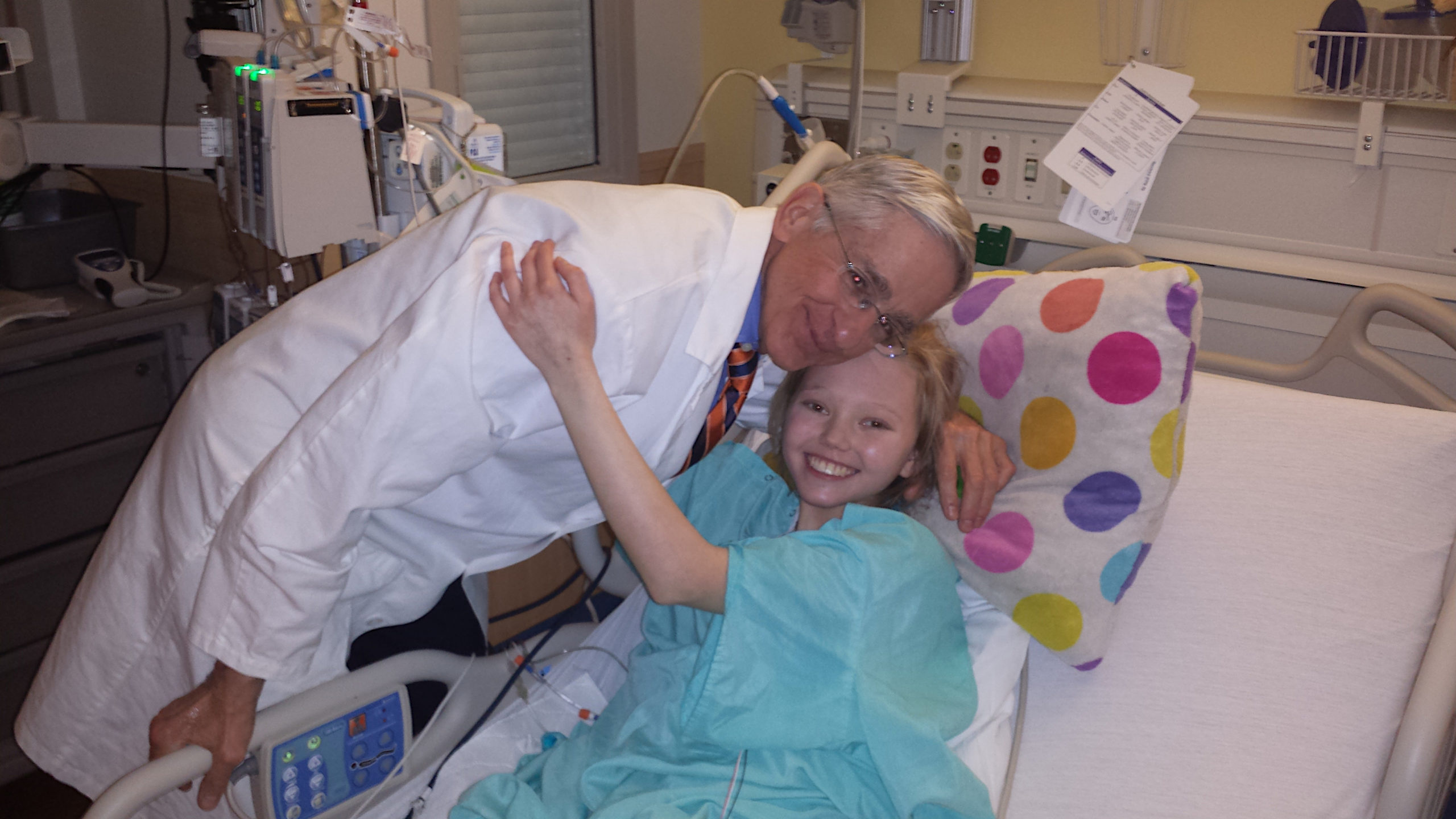Making decisions about college can be overwhelming for anyone. But if you have a chronic illness like Crohn’s disease or ulcerative colitis, it can be particularly stressful. To help you prepare, our inflammatory bowel disease (IBD) team put together this checklist with important information to consider throughout your planning process.
HANDY CHECKLIST: GOING TO COLLEGE WITH IBD
When Choosing A College
As you’re choosing a college, don’t let IBD keep you from leaving home. You can go to school anywhere and successfully manage your condition. As you’re planning visits to potential colleges, make sure to:
- Locate and contact the school’s disability services office (more below).
- Locate and contact the school’s Student Health Center.
- Find a local pharmacy near the college.
- Find the local hospital, emergency room, Urgent Care, or doctor’s office to visit while there.
Inquire About Their Disability Services
Speak with someone in the disability services office to find out what medical disability accommodations they offer. By law, colleges and universities only have to provide what they deem as “reasonable” accommodations. This is why it’s important to discuss them during your visits – what you learn may help you decide which school is the best choice for you and your IBD.
- Ask if they provide additional privacy for out-of-town students or students living on campus. For example, some colleges may be able to offer a living space where you only have to share a bathroom with 2-4 people, rather than 10-15.
- Ask if they have “attendance forgiveness.” If you’re having symptoms and have to miss a class or test, they may give you the option to make up work/tests. This can be helpful, as some college professors make attendance a part of your grade. Disability services will explain how to notify your professors so that you won’t be penalized for missing class, homework or tests. You do not need to give them specifics about your condition. They simply need to know that you are registered with Disability Services.
- Ask if they allow priority registration. If you are able to have priority registration when scheduling classes, you’ll be able to select times that work better for you and your IBD. For example, if mornings are particularly tough for you due to symptoms or medication routines, priority registration increases your chances of getting classes that are later in the morning or in the afternoon.
- Ask about other accommodations, if you need them. For instance, would you be able to sit next to the door in classrooms or have extra time to take tests?
- Request medical documentation from your GI doctor. In order to set up disability services, medical documentation will be required. Your nurse can send you a letter with this information to submit (please give several weeks advance notice). Please be reassured that any information you submit to disability services is confidential.
Once You’re There
- Familiarize yourself with campus bathrooms. Locate accessible private bathrooms that may be closest to your classrooms.
- Keep important numbers accessible. Make sure your list of doctors and hospital numbers are accessible to roommates in the event that you become sick or have an emergency.
- Consider buying a mini-fridge. You’ll want to stock it with foods that you know you can eat and medications that need to be refrigerated.
- Keep a calendar, planner, or cell phone alerts to remind you to take your medications. Your new routine in college may be different from high school and you may need some extra help to stay on track!
To learn more about our Division of Gastroenterology, Hepatology and Nutrition, or to schedule an appointment, please call 513-636-4415 or email us at gastro@cchmc.org.





